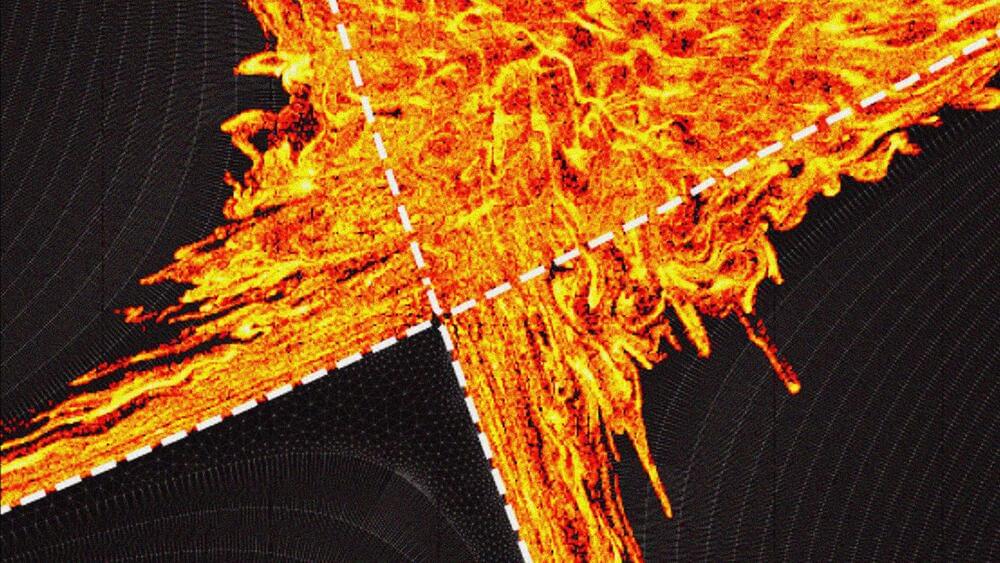New research indicates that plasma fusion heat spreads more evenly in tokamak reactors, suggesting a reduced risk of damage to critical components, thereby improving reactor longevity and efficiency.
According to researchers from the U.S. Department of Energy’s (DOE) Princeton Plasma Physics Laboratory (PPPL), Oak Ridge National Laboratory, and the ITER Organization (ITER), the intense exhaust heat produced by fusing plasma in a commercial-scale reactor might not be as damaging to the reactor’s interior as previously believed.
“This discovery fundamentally changes how we think about the way heat and particles travel between two critically important regions at the edge of a plasma during fusion,” said PPPL Managing Principal Research Physicist Choongseok Chang, who led the team of researchers behind the discovery. A new paper detailing their work was recently published in the journal Nuclear Fusion, following previous publications on the subject.









Leave a reply